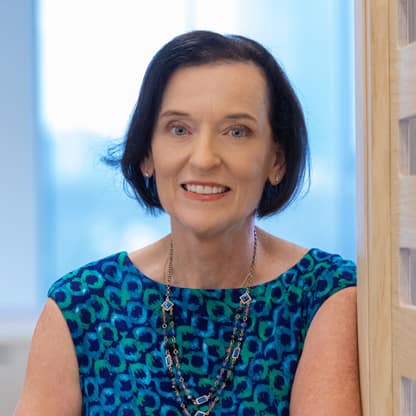- Back to all Speakers
- Barbara Burger
Sessions With Barbara Burger
Monday, 6 March
-
02:00pm - 02:30pm (CST) / 06/mar/2023 08:00 pm - 06/mar/2023 08:30 pm
Low-carbon Solutions versus Low-emissions Solutions
This session will explore the role of fossil fuels in the energy mix in a net-zero world. Do fossil fuels combined with CCUS offer a pathway to move toward lower emission future? Can we bring to bear the engineering and technical skills of the oil and gas industry to reduce emissions at scale? Or do we need to decarbonize and move to renewable energy to address climate change?
- Speakers:
- Barbara Burger
- Sally Benson
- Yi Cui
- Richard Swann
Wednesday, 8 March
-
07:15am - 08:20am (CST) / 08/mar/2023 01:15 pm - 08/mar/2023 02:20 pm
The Role of Private Capital in Funding the Energy Transition
Finance & Investment/Trading & Risk Management/ESGWhile public market funds run by institutional investors have been shifting allocations toward cleantech companies, they are often hamstrung by a limited universe of pure-play cleantech equities and index-tracking methodologies that limit their ability to take longer-duration bets. The real action for energy transition investors to date has been in private equity, where funds can take duration risk and have overcome liquidity limitations by successfully raising historically large funds. The pace of private equity dealmaking, which slowed in early 2022, has accelerated sharply again for cleantech since the passage of the Inflation Reduction Act in the United States. How much of the pent-up private equity capital remains to be run through, and how will the even larger universe of public market investors gain access to these growing markets? -
03:30pm - 04:10pm (CST) / 08/mar/2023 09:30 pm - 08/mar/2023 10:10 pm
Voices of Innovation: Reginald DesRoches
A conversation with Barbara Burger and Reginald DesRoches.- Speakers:
- Barbara Burger
- Reginald DesRoches
Thursday, 9 March
-
03:30pm - 04:10pm (CST) / 09/mar/2023 09:30 pm - 09/mar/2023 10:10 pm
Thinking Systematically About Energy Transition
The energy system is vast, complex and essential—a multitude of intertwined value chains that operate on a local, regional and global level with an installed infrastructure network that addresses movement across time and distance. We expect the system and the energy produced to be accessible, affordable, reliable, resilient, secure and increasingly low carbon. Ensuring the future energy system addresses these economic, environmental and equity expectations is one of the greatest challenges in our lifetime. And we expect this to happen in the next 25 years!

